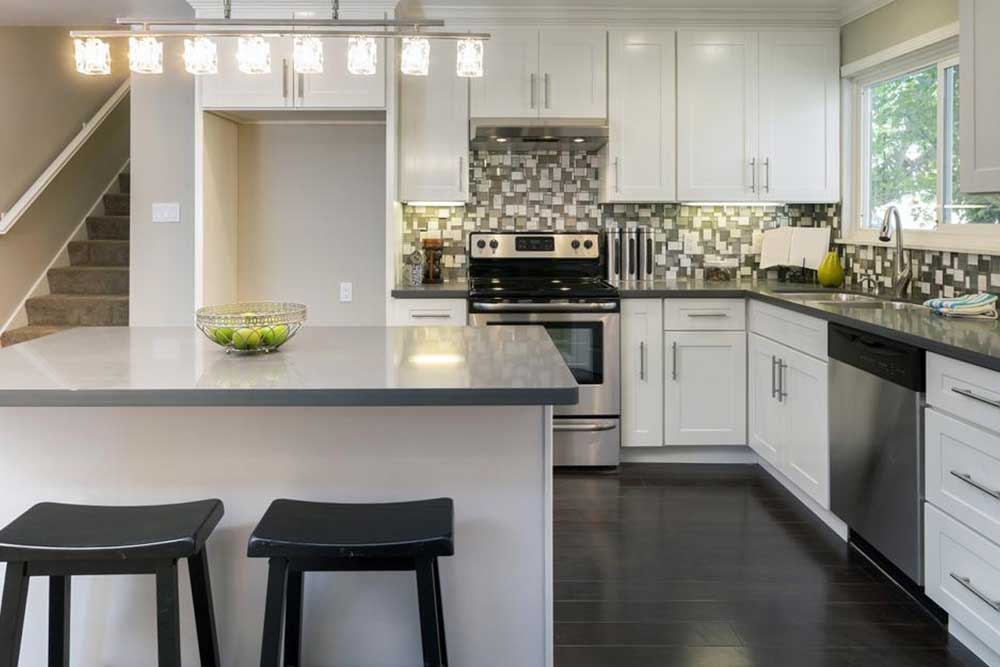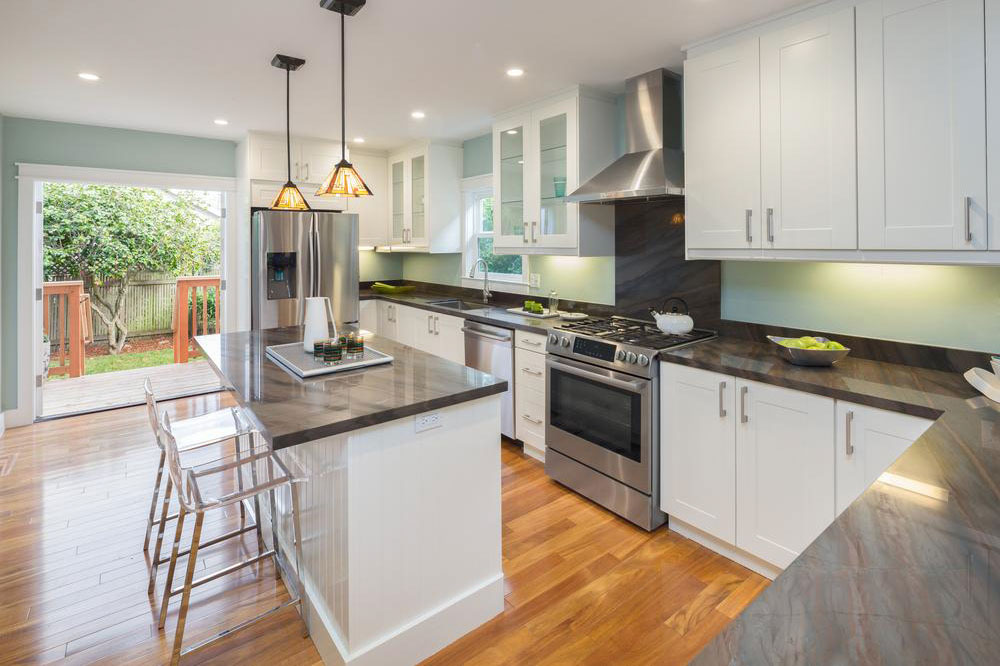Ultimate Guide to Home Renovation Planning and Execution
This comprehensive guide outlines crucial steps for planning and executing successful home renovations. From budgeting and permits to selecting trusted contractors, it provides homeowners with essential tips to navigate their refurbishment projects efficiently, ensuring a smooth process and satisfying results.

Essential Phases for Effective Home Revamps
Renovating a home is often driven by the need to modernize, repair, or improve functionality. Whether updating interiors or expanding space, careful planning ensures the project aligns with your vision. Without proper preparation, renovations can become stressful and costly. Understanding key steps, from budgeting to contractor selection, helps homeowners manage the process smoothly and achieve desired results.
Cost Planning
Renovation expenses depend on factors like the project's scope, labor, and materials used. Typical costs include £25,000-£50,000 for extensions, £6,000-£15,000 for kitchens and bathrooms, around £4,000 for heating upgrades, £40,000 for loft conversions, and £400-£600 per window. Planning for unexpected costs is advisable.
Renovation options include building extensions, converting attics, installing conservatories, and remaking kitchens. Additional projects may involve bathroom upgrades, basement or garage conversions, or garden redesigns. The scope hinges on personal preferences and budget limitations.
Preparation Strategies for Renovation Success A home renovation provides an excellent chance to refresh your living space, but requires detailed planning and patience. Key steps include securing permits, establishing timelines, and accounting for unforeseen expenses.
1. Obtain Necessary Permits Before commencing work, secure all required permissions, such as planning or building consent. Some projects, like loft conversions or extensions, may qualify for permitted development rights, streamlining approval. Structural work or electrical modifications often need official permits.
2. Develop a Clear Project Timeline Create a detailed schedule that covers all phases of the work, from groundwork to finishing touches. This helps in tracking progress, avoiding delays, and controlling costs.
3. Budget Accurately Prepare a comprehensive budget that accounts for materials, labor costs, permits, and contingency funds for surprises. A well-planned budget supports smooth project management.
4. Hire Reputable Contractors Conduct research on local builders, seek referrals, and obtain multiple quotes. Ensure potential contractors are licensed and insured. Clarify project scopes beforehand to prevent misunderstandings.
Seek Recommendations Contact friends or family with renovation experience for trusted referrals.
Request Detailed Quotes Get written estimates from several contractors to compare value and services.
Verify Credentials Confirm licenses and insurance to guarantee quality and compliance.
Define Your Goals Have a clear vision or sketches to help contractors deliver accurate proposals.
Disclaimer:
The guidance provided offers a general overview of renovation processes. Verify details with local authorities and professionals for specific requirements. The website disclaims responsibility for inaccuracies or omissions affecting your project.


